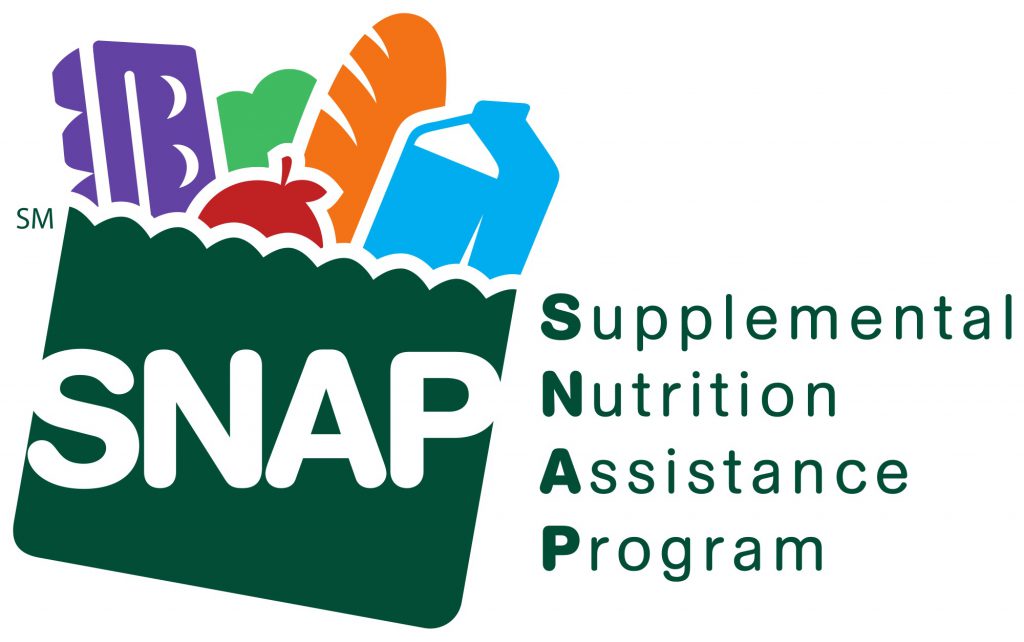Media Advisory: House Agriculture Committee Listening Session in Salinas this Thursday
agosto 9, 2017
No ofrecemos comida. Aquí es donde puedes Encuentre comida gratis aquí.
No distribuimos alimentos. Encuentre comida gratis aquí.
我們不直接提供食物,但我們能幫助您找尋食物。

PARA PUBLICACIÓN INMEDIATA
Wednesday, August 9, 2017
Contacto con los medios:
Daniela Ogden, daniela@cafoodbanks.org
Teléfono celular (646) 756-9887
Los banqueros de alimentos abogan por los hambrientos en la sesión de escucha de la ley agrícola
CAFB attends House Agriculture Committee Listening Session in Salinas this Thursday
Salinas – The national Farm Bill listening tour makes a stop in Salinas at Hartnell Community College on Thursday, August 10 from 9:30 – 11:00 am and California Association of Food Banks, the statewide representative of California food banks, is providing testimony on the importance of nutrition programs in the bill. The primary focus of their testimony is supporting the preservation of the Supplemental Nutrition Assistance Program, known as CalFresh in California.
Speaker of the House Paul Ryan has proposed to end SNAP by converting it into a block grant (fixed amount of funding) to states. Major consequences would include eligibility and benefits cuts and an inability for the program to respond to periods of increased need.
“We’re hoping to give Committee members a real picture of how successful SNAP is in California,” said Rachel Tucker, senior policy associate with California Association of Food Banks. “While food banks provide an incredible service to their communities, we are unable to absorb the fallout that would occur if SNAP’s program structure changes or benefits were cut in the Farm Bill.”
Hunger and lack of nutrition pose a significant threat to California’s future. For the 4.5 million Californians struggling with food insecurity, hard choices must be made between buying food and meeting such basic needs as housing, medicine, transportation, or childcare. When their resources are depleted, struggling families must turn to programs like CalFresh to keep their families fed.
La Ley Agrícola se originó en 1933 como parte de la legislación del New Deal del presidente Roosevelt como una forma de apoyar a los agricultores, garantizar que las personas tengan acceso a alimentos a buen precio y proteger los recursos naturales. Ahora tiene un papel fundamental en el sistema alimentario de Estados Unidos; apoyando todo, desde la nutrición hasta las economías locales y la salud.
El proyecto de ley tiene un ciclo de cinco años. Una vez que expira el proyecto de ley actual, pasa por las revisiones propuestas que luego son debatidas y aprobadas en el Congreso antes de ser promulgadas por el presidente.
WHAT: U.S. House of Representatives Agriculture Committee Farm Bill Listening Session
CUANDO: Thursday, August 10, 2017 9:30 – 11:00 am
DÓNDE: Hartnell Community College, Steinbeck Hall, 411 Central Ave. Salinas CA 93901
QUIÉN: Congressman Jimmy Panetta, Congressman Jim Costa, California Association of Food Banks, Second Harvest Food Bank of Santa Clara and San Mateo Counties, The Food Bank for Monterrey County, and Second Harvest Food Bank Santa Cruz
Acerca de la Asociación de Bancos de Alimentos de California:
La Asociación de Bancos de Alimentos de California se asocia con 41 bancos de alimentos y más de 6,000 agencias locales. Nuestra misión es acabar con el hambre en California, y nuestra visión es una California bien alimentada y sin hambre, donde todas las personas tengan suficiente comida para llevar una vida saludable. Obtenga más información en www.cafoodbanks.org.
###